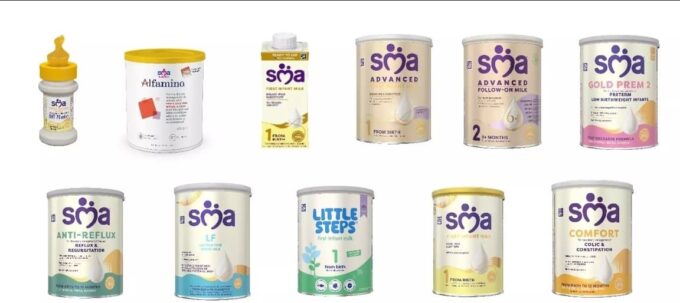Corn, also known as maize, is a tall annual cereal grass (scientific name: Zea mays) that produces large, elongated ears of starchy seeds. These seeds, commonly referred to as corn kernels, are used as food for humans and livestock, as well as a source of biofuel and raw material for various industrial products.
Corn was first domesticated by indigenous peoples in southern Mexico around 9,000 years ago. It has since become one of the most widely cultivated and consumed crops globally. Corn comes in various forms, including sweet corn, popcorn, and field corn, each with different uses and nutritional profiles.
Aids Digestion: Corn is high in insoluble fiber, which helps bulk up stool and prevent constipation. This fiber also acts as a prebiotic, feeding the healthy bacteria in your gut.
Supports Eye Health: Corn contains antioxidants like lutein and zeaxanthin, which are known to help prevent age-related eye diseases.
Provides Essential Nutrients: Corn is rich in vitamins and minerals, including vitamin C, B vitamins, magnesium, and potassium. These nutrients are essential for various bodily functions.
Heart Health: The fiber in corn can help lower cholesterol levels, which is beneficial for heart health.
Moderate Blood Sugar Impact: Despite being a starchy vegetable, corn has a low glycemic index, meaning it digests slowly and doesn’t cause a rapid spike in blood sugar levels.
Gluten-Free Option: Corn is naturally gluten-free, making it a great option for those with gluten intolerance or celiac disease.
Corn is versatile and can be enjoyed in many forms, such as fresh, frozen, or canned, and in products like cornmeal, polenta, and popcorn. Just be mindful of added ingredients like butter and salt to keep it healthy.















Leave a comment